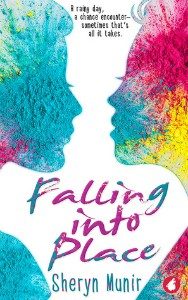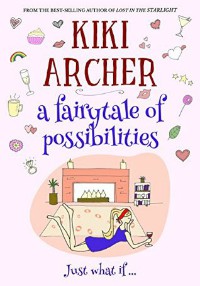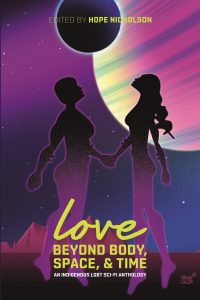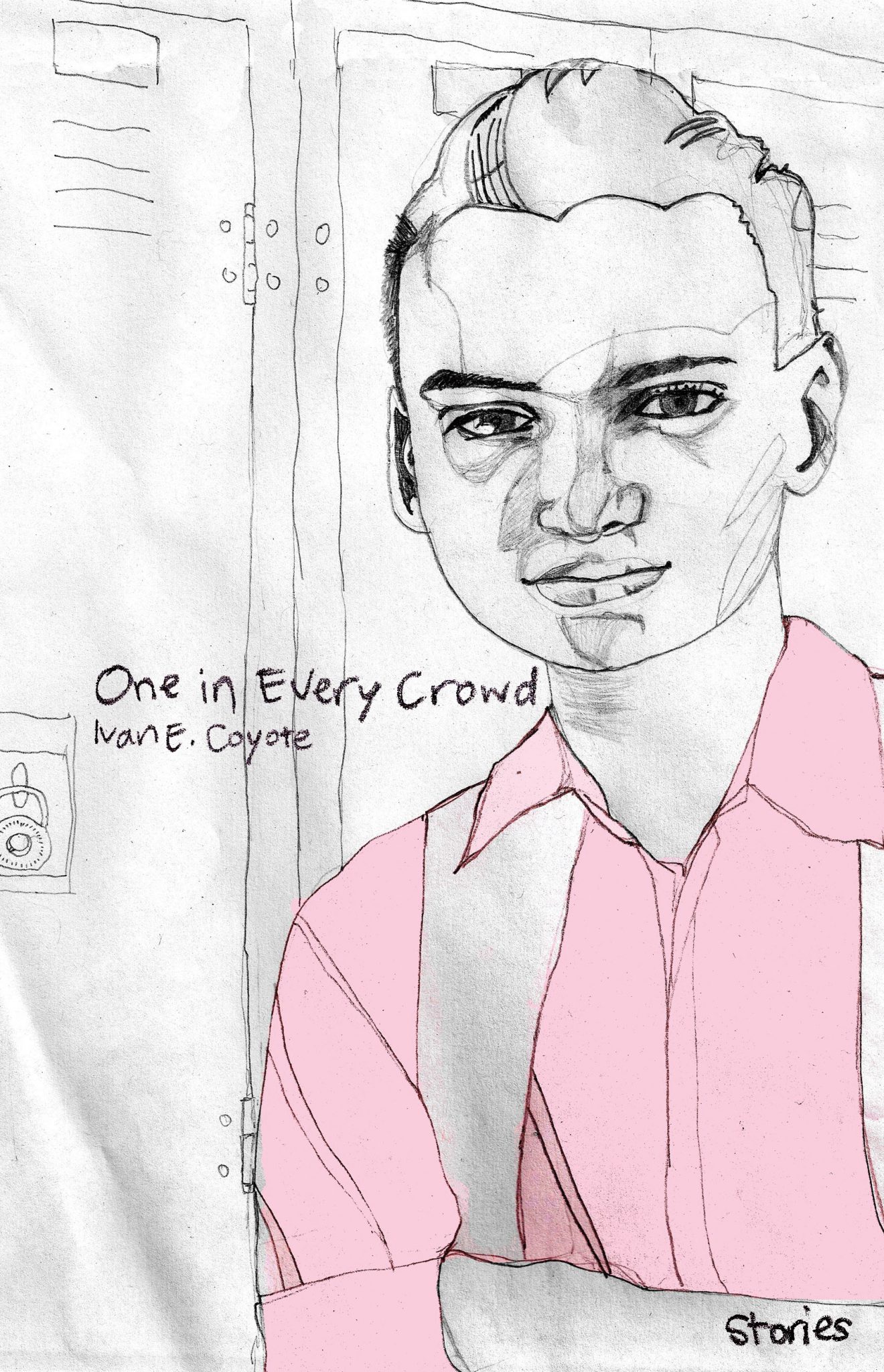Amazon Affiliate Link | Bookshop.org Affiliate Link
Sirens & Muses by Antonia Angress is a novel that follows four artists as they embark first on art school before conquering New York City. I loved everything about this novel. Everything. The characters are rich: Angress has done a phenomenal job of creating realistic characters who are not always likable—which, to me, makes them even more real. The four artists are flawed, have their own anxieties and grievances, and are at times self-conscious. Despite times throughout the novel when they are extremely unlikeable, by the end of the novel, two of the four characters, Karina and Louisa, have become some of my favourite fictional characters. It’s important to note that Angress seems to be a master of character development. Cruel at times, each character stumbles. I loved watching each character change direction and reach their potentials despite their earlier suffering and anxieties.
The dynamic between Karina and Louisa is what makes Sirens & Muses for me. Its 368 pages simply don’t have enough of them together. Karina is the character I found most difficult to like at the start of the novel, while Louisa is easy to love. By the time I finished reading, I’d fallen in love with both of them. Between the lines, they have a beautiful love story: obscured by the other two characters’ stories, Angress gave just enough to pull me into their relationship, and desperately hope for some sort of sequel to their story.
My heart hurt for the characters throughout Sirens & Muses. I found myself truly caring about them, and in that sense, Angress has created a masterpiece. The novel is part academic, part love story, part art discourse, and she weaves all of those themes together seamlessly. It is a smart, well-written book that I was immediately captivated by, and have remained captivated by weeks after reading it.
It was the perfect length, leaving you satisfied yet still wanting more, and with such realistic and detailed descriptions of the characters’ art, I felt as though I was walking through an art gallery of their creations: a fictional art gallery filled with the fictional art created by fictional characters. Angress has written a vivid and captivating novel that comes to life off the pages.
Danielle is a Lesbrary guest reviewer. If you would like to submit a review to be featured on the Lesbrary, check out the About page for more information.

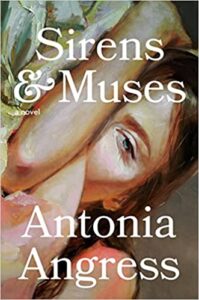
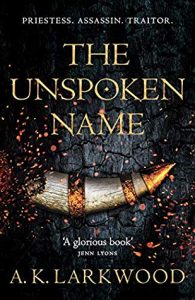
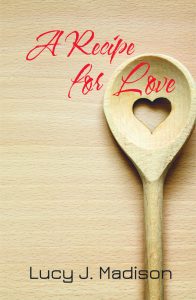 Piermont, New York. Danika Russo is 55, newly retired from a 30-year career as a mail carrier, and stuck in a rut. After putting her own needs on hold to care for her terminally ill partner and her unloving father, Danika is holed up the childhood home she inherited, a claustrophobic time warp from the 1970s complete with brown Formica and linoleum, and not sure what to do next.
Piermont, New York. Danika Russo is 55, newly retired from a 30-year career as a mail carrier, and stuck in a rut. After putting her own needs on hold to care for her terminally ill partner and her unloving father, Danika is holed up the childhood home she inherited, a claustrophobic time warp from the 1970s complete with brown Formica and linoleum, and not sure what to do next. 
